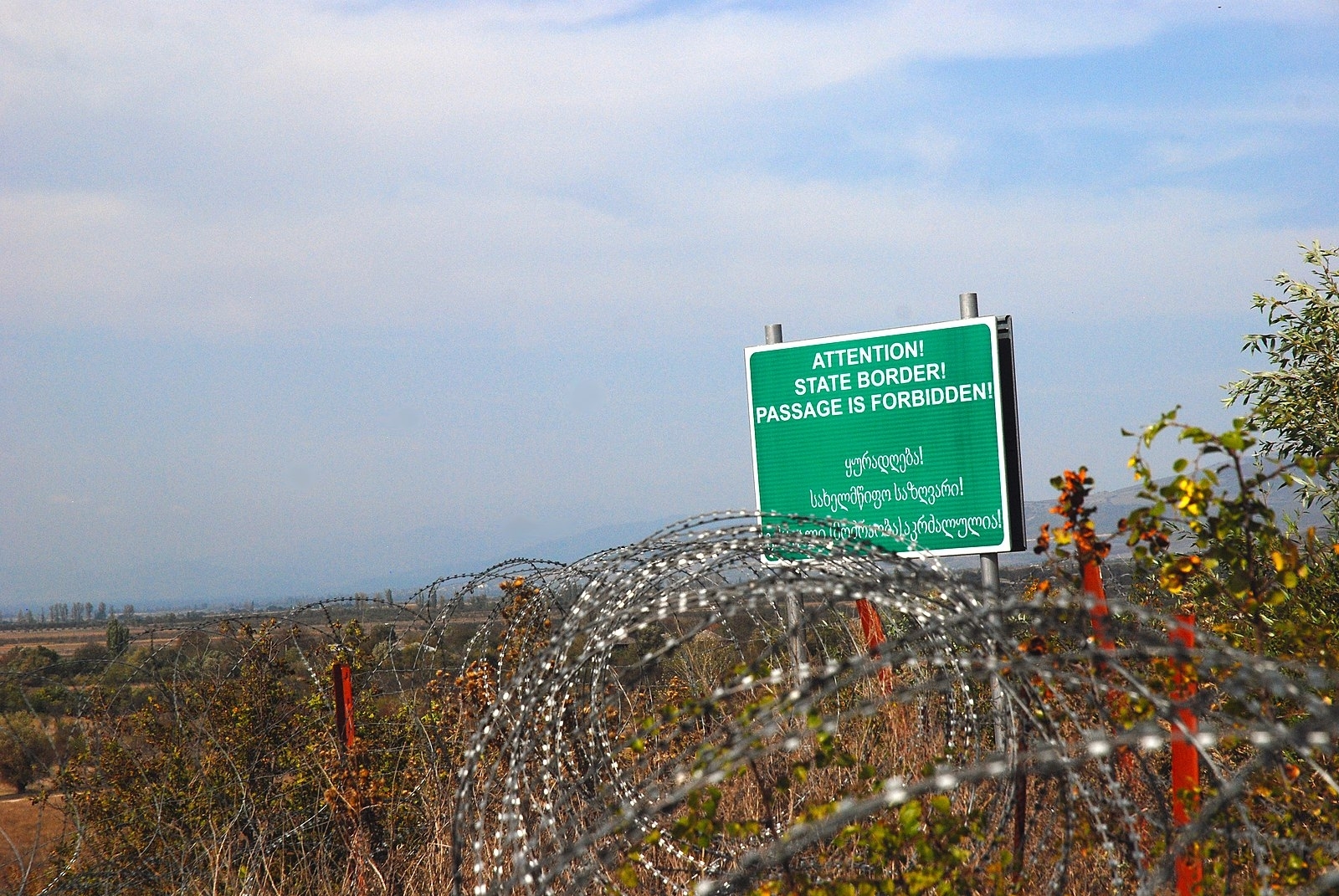Badra Gunba inaugurated as Abkhazia’s president
Abkhazia’s new president, Badra Gunba, took the oath of office in the presence of parliament members and Constitutional Court judges.
At the ceremony, Gunba swore to serve the Abkhaz people, dedicate his knowledge and efforts to their well-being, peace, and stability, strictly follow the constitution, guarantee its enforcement by authorities, and uphold the rights and freedoms of all citizens.
First Deputy Chief of Staff of the Russian Presidential Administration, Sergey Kiriyenko, attended the inauguration. Since January 2025, he has overseen Abkhazia-related matters in the Kremlin.
Gunba’s election as president was the first major outcome of Kiriyenko’s efforts. Both he and the Kremlin did everything possible to support their preferred candidate. However, despite this backing, Gunba secured victory only in the second round.
Former president Aslan Bzhania, who was ousted in a mini-coup in November 2024, also attended the inauguration. Badra Gunba is his ally and, in effect, his successor.
However, former prime minister Alexander Ankvab, who led Gunba’s campaign and was even seen as his “mentor,” did not attend. This was no surprise – pro-government Telegram channels had reported throughout the past week that Ankvab and several key figures from his team would not be part of the new government due to their unpopularity. Opposition media, meanwhile, suggest that Ankvab’s sidelining was not Gunba’s decision but rather a demand from Moscow.
Gunba is set to announce his new prime minister tomorrow. The most likely candidate is former finance minister Vladimir Delba, who will then form the new government.


